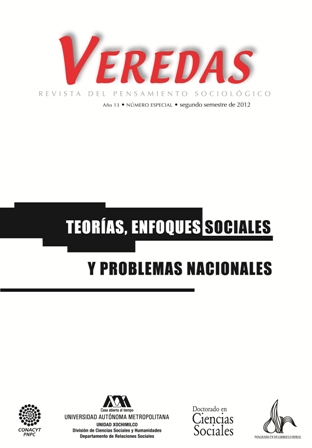Cómo sobrevivir el mercado sin dejar de ser campesino. El caso de los pequeños productores de café en México
Abstract
Arguing the alleged virtues of “free trade” during the 1980s and 1990s, innumerable state institutions were dismantled in Mexico. For coffee growers the most alarming event at this time was the disappearance of the Instituto Mexicano del Café (Inmecafe), as this resulted in small coffee producers, who are generally located in regions of extreme poverty, have since that time had to face off with large-scale coffee distributors on the international market. To meet this challenge, organized coffee growers developed several strategies. One of the most successful: the restructuring of marketing in the line of the so-called fair trade, a mechanism to which increasingly more producers have been incorporated. After thirty years, some of these coffee organizations continue to operate successfully. As a first approach to this topic it is useful to consider what factors have allowed them to continue to stay in business, and how peasant families’ lives have been reconfigured during this time. And the big question: can this model be reproduced? This paper attempts to provide some answers.





